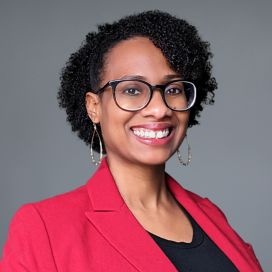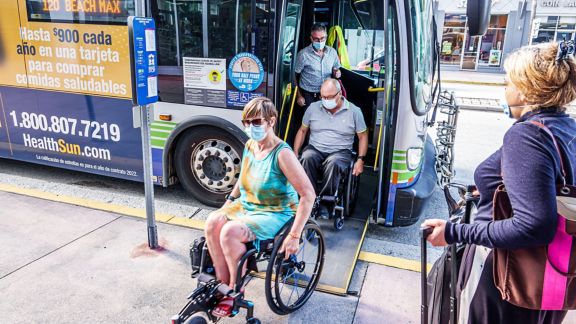Understanding Health Equity Data Collection in Medicaid

Problem
Accurate and quality data are critical to advancing health equity.
State Medicaid programs serve diverse populations that experience the disproportionate impact of structural racism and other inequities that impact their experience with providers and the healthcare system, health outcomes, and access to care. Accurate and high-quality Medicaid data is critical to advancing health equity as it provides state Medicaid programs and managed care organizations (MCOs) with a more accurate depiction of the needs, health outcomes, and disparities experienced by their enrollees based on race, ethnicity, and other characteristics. Higher quality data better equips states and Medicaid MCOs to develop data-driven, meaningful enhancements to services and address inequities in healthcare access and outcomes. Developing improved data collection strategies to advance health equity is a priority for the Biden administration and the Centers for Medicare and Medicaid Services (CMS).
Solution
Interviews with states and Medicaid MCOs to understand their data collection strategies.
NORC interviewed representatives from state Medicaid agencies and Medicaid MCOs to understand how they use data to advance health equity. We assessed:
- What measures and overall data collection efforts states and MCOs are engaging in to support health equity goals in Medicaid.
- How states and MCOs are developing data collection systems to monitor health equity measures, e.g., HRSN, race and ethnicity, and SOGI.
- What successes and challenges states and MCOs face when developing or implementing systems-level approaches to collecting data.
- What additional policies and supports states and MCOs need to improve their data collection efforts to advance health equity.
We conducted semi-structured interviews with 26 representatives of 12 state Medicaid agencies and 10 representatives of five Medicaid MCOs.
Result
State Medicaid agencies and Medicaid MCOs have made substantial headway in thinking about data collection to improve health equity.
Key findings include:
- Expanding race, ethnicity, language, disability, and sexual orientation and gender identity categories more accurately captures inequities in enrollee needs and outcomes. However, current federal guidelines for race/ethnicity reporting and for state Medicaid applications can limit the quality of these data.
- Aggregating data across multiple sources helps states and MCOs get a more comprehensive picture of enrollee needs and outcomes. However, there is a need for a more uniform strategy and standards to collect, analyze, interpret, and monitor data.
- Enhancing data infrastructure helps state Medicaid and MCO departments and staff have the tools they need to collect and run analyses to advance health equity. However, challenges with technological capacity, particularly related to capturing HRSN, can limit data collection.
- Using delivery system levers improves accountability for improving data collection, including managed care contract requirements, payment models, quality withholds, and other incentives to encourage improved quality of health equity data collection and reporting.
- Engaging state leadership and community members garners buy-in for health equity data collection efforts.







